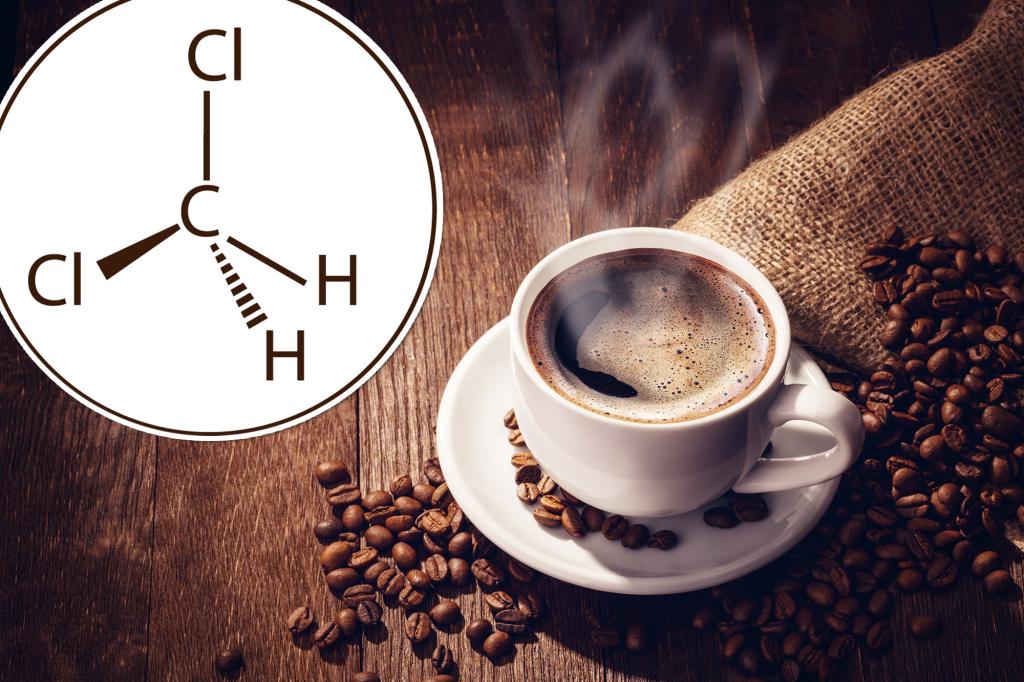The FDA is considering banning the chemical methylene chloride, which is commonly used in decaffeinated coffee, due to its link to cancer. The chemical is used in the European Method Decaf, which is a popular decaf coffee used by major chains like Starbucks and Dunkin’ Donuts. Campaigners have started a petition to ban the chemical, citing concerns over its potential to cause cancer in animals, which goes against a ruling from 1958 called the Delaney Clause. The Clean Label Project is also lobbying to ban the chemical in California.
Despite some opposition to the ban, studies have shown that methylene chloride poses a risk of tumors in animals. Research from 1986 and 2016 found that exposure to the chemical led to tumors in rodents and animals. Additionally, studies on humans exposed to methylene chloride revealed a link to various types of cancer. The EPA proposed banning “most uses” of the chemical in 2023 due to health concerns, but its use in foods is still regulated by the FDA.
The ban on methylene chloride would impact the 28 million American adults who drink decaf coffee daily, which accounts for about 10 percent of the population. The National Coffee Association argues that the health benefits of drinking decaf outweigh the risks associated with the chemical. They claim that research shows that drinking European Method decaf has significant health benefits, including longer lives and a reduced risk of cancer and chronic diseases.
Alternative methods for decaffeinating coffee exist, such as the Swiss method, which involves washing coffee beans using steam. However, this method is more expensive and less effective compared to the European Method. The FDA is expected to respond to the petition to ban methylene chloride within 90 days, and the outcome of their decision will have implications for the decaffeinated coffee industry and the millions of people who consume decaf coffee in the United States.


